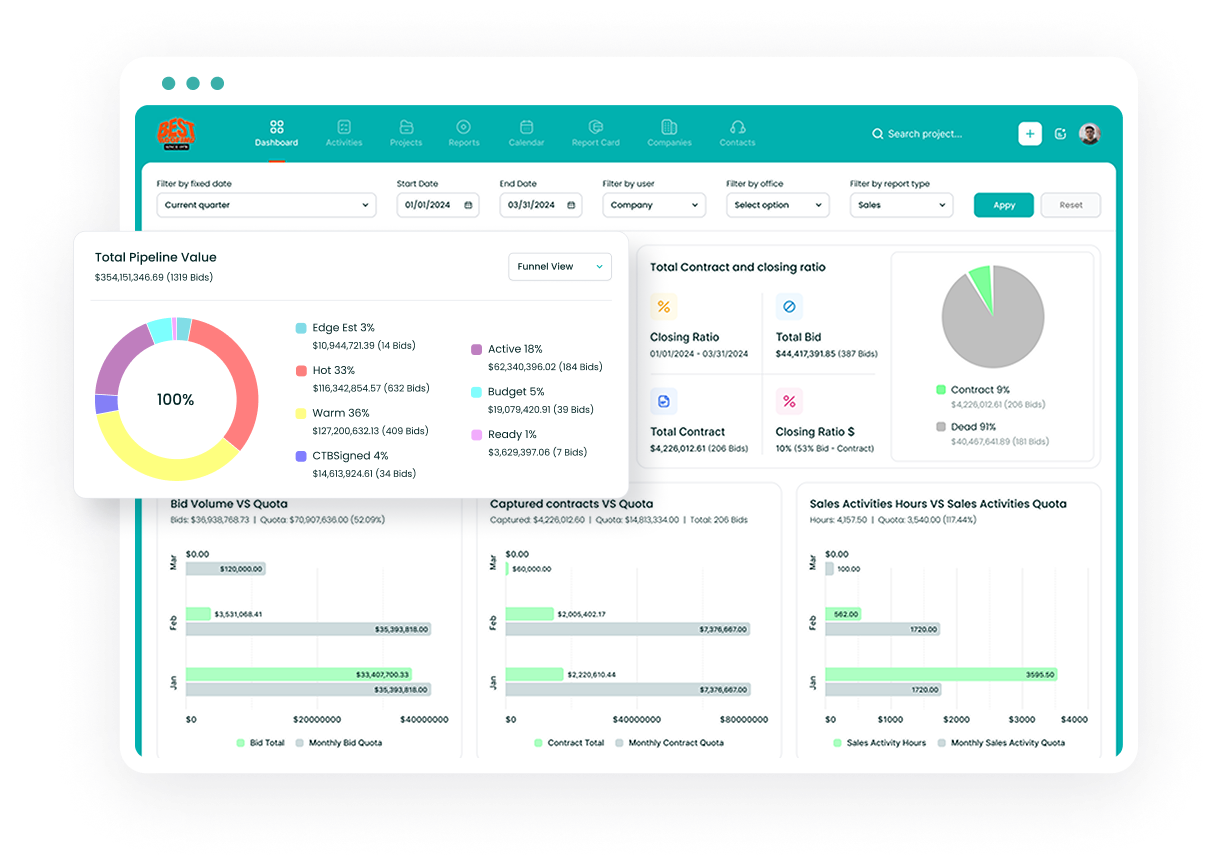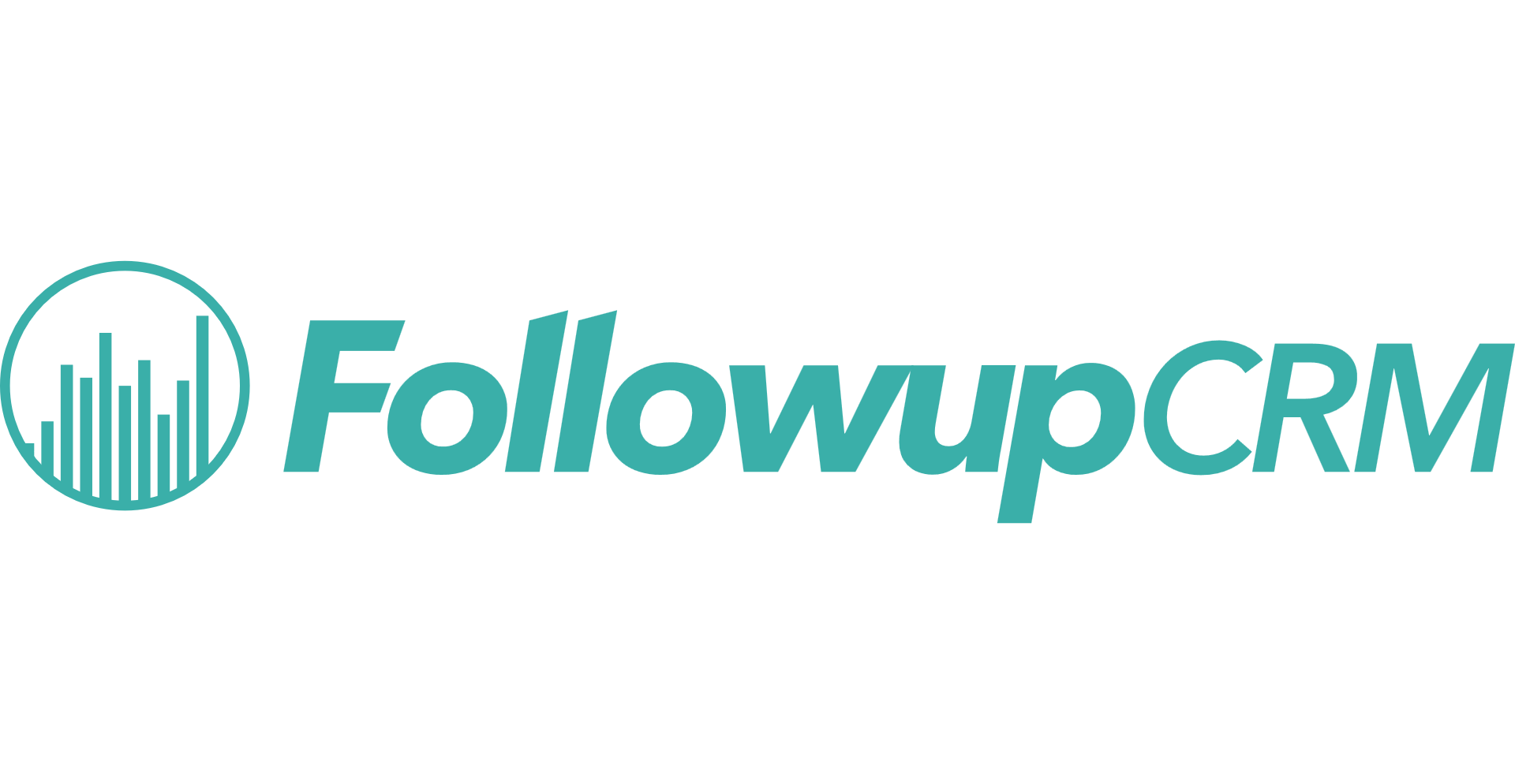Primavera vs Procore
The digital transformation in construction project management has made software selection a crucial decision for organizations. Primavera P6 and Procore represent two distinct approaches to construction project management, each offering unique advantages for different organizational needs. Understanding their differences, capabilities, and ideal use cases enables project managers and organizations to make informed decisions that align with their specific requirements.
Understanding the Core Functionalities of Primavera P6 and Procore
Oracle Primavera P6 stands as an enterprise project portfolio management software engineered for handling complex, large-scale projects. The software demonstrates exceptional prowess in managing intricate schedules, resource allocation, and multi-project coordination. Its sophisticated scheduling engine supports detailed timeline management, risk assessment, and critical path analysis.
Procore approaches construction management from a different perspective, offering a cloud-based platform that prioritizes accessibility and collaboration. The platform integrates various aspects of construction management, from document control to financial tracking, in a user-friendly interface. Its unlimited user model particularly appeals to organizations seeking to involve all stakeholders in the project management process.
Advanced Scheduling and Project Timeline Management
Primavera P6 excels in complex scheduling scenarios, providing tools for detailed timeline creation and management. The software enables project managers to develop intricate schedules with multiple dependencies, resource constraints, and milestone tracking. Its scheduling engine can handle thousands of activities while maintaining precise control over project timelines.
Project managers using Procore experience a more streamlined approach to scheduling. The platform focuses on practical, day-to-day schedule management that integrates seamlessly with other project components. While not as complex as Primavera P6, Procore's scheduling capabilities adequately serve most construction projects.
The scheduling capabilities of both platforms include:
- Resource allocation and optimization tools
- Multiple calendar views and customization options
- Progress tracking and timeline adjustments
- Milestone management and critical path analysis
- Schedule risk assessment features
Financial Management and Cost Control Features
Procore incorporates comprehensive financial management tools specifically designed for construction projects. The platform maintains real-time budget tracking, change order management, and cost forecasting, providing project managers with current financial insights.
Financial management extends beyond basic tracking in both systems:
- Budget tracking integrates with project timelines to provide accurate cost projections.
- Change order management systems track financial impacts across project phases.
- Resource cost allocation helps optimize project spending and resource utilization.
- Financial reporting tools generate detailed cost analysis and forecasting reports.
User Experience and Implementation Considerations
The user experience differs significantly between these platforms. Procore emphasizes intuitive navigation and quick adoption, requiring minimal training for basic functionality. The platform's mobile applications enable field teams to update project information efficiently, promoting real-time collaboration.
Primavera P6 presents a more technical interface that reflects its advanced capabilities. Users typically require specialized training to utilize the software effectively, particularly for complex scheduling and resource management features. The investment in training often yields significant returns for organizations managing sophisticated project portfolios.
Cloud Accessibility and Mobile Integration
Modern construction management demands flexible access to project information. Procore's cloud-based architecture enables seamless access across devices and locations. The platform's mobile applications provide comprehensive functionality for field operations.
Primavera P6 offers both desktop and web-based versions, though the desktop version remains Windows-exclusive. The platform's enterprise focus emphasizes security and controlled access, making it suitable for organizations with strict data management requirements.
Collaboration and Communication Tools
Project success heavily depends on seamless communication and collaboration between team members, stakeholders, and project managers. Both Primavera P6 and Procore have developed robust systems that enable real-time interaction and information sharing across organizations, ensuring that all parties remain aligned throughout the project lifecycle.
These platforms offer comprehensive collaboration features that include:
- Real-time document sharing and version control
- Integrated communication tools for team coordination
- Automated notification systems for project updates
- Customizable permission settings for different user roles
- Standardized workflows for common project processes
Integration Capabilities and System Requirements
System integration capabilities significantly impact software implementation success. Primavera P6 integrates seamlessly with other Oracle products and provides APIs for third-party connections. The software supports complex data exchange requirements common in enterprise environments.
Procore maintains an open architecture that enables integration with various construction-specific applications. The platform's API documentation and integration support help organizations create custom connections to existing systems.
Cost Analysis and Return on Investment
Understanding the financial implications of software implementation requires careful consideration of various factors. Procore's pricing model bases costs on construction volume, making it accessible to organizations of different sizes. The unlimited user model particularly benefits companies with large project teams.
Primavera P6's enterprise pricing structure reflects its position as a premium solution. While the initial investment may be substantial, organizations managing complex projects often justify the cost through improved project control and efficiency gains.
Industry-Specific Applications and Use Cases
Different industries benefit from these platforms in unique ways. Construction companies often prefer Procore's industry-specific features and collaborative approach. The platform's focus on construction workflows and documentation streamlines common processes.
Primavera P6 serves a broader range of industries, including energy, infrastructure, and defense. The software's advanced scheduling and resource management capabilities support complex projects across various sectors.
The selection process should consider specific industry requirements:
- Regulatory compliance needs
- Industry-standard reporting requirements
- Specific workflow requirements
- Integration with industry-specific tools
- Scalability for future growth
This comprehensive analysis of Primavera P6 and Procore reveals distinct advantages for different organizational needs. The choice between these platforms depends on factors including project complexity, team size, industry requirements, and organizational resources. Organizations should evaluate their specific needs against each platform's capabilities to determine the most suitable solution for their project management requirements.
Mobile Application Performance and Field Operations
Mobile functionality plays a vital role in modern construction project management. Procore's mobile application provides comprehensive features designed specifically for field operations, enabling teams to update project information, access documents, and communicate effectively from any location. The application maintains full functionality even in areas with limited connectivity, automatically syncing when connection is restored.
The mobile experience extends beyond basic functionality to include features such as photo documentation, digital signatures, and real-time progress tracking. Field teams can complete daily reports, document safety incidents, and manage quality control processes directly from their mobile devices, significantly reducing administrative overhead.
Data Security and Compliance Standards
Organizations must prioritize data protection when implementing project management software. Both platforms maintain robust security protocols, including encrypted data transmission, role-based access controls, and regular security audits. Advanced authentication methods protect sensitive project information while ensuring appropriate access for authorized team members.
These platforms adhere to industry-specific compliance requirements and international data protection standards. Regular updates address emerging security threats and maintain compliance with evolving regulations. The implementation of audit trails and version control ensures accountability and transparency across all project activities.
Training Requirements and Support Resources
The implementation of project management software requires a well-structured training program that accommodates diverse user needs and technical proficiency levels. Primavera P6 users typically need more extensive training due to its complex interface and advanced capabilities, while Procore users often experience a gentler learning curve with its intuitive design. Organizations must consider these varying requirements when developing their training strategies, ensuring that all team members can effectively utilize their chosen platform's features.
Professional development and software proficiency require structured approaches to training. The following elements comprise essential training components:
- New users must complete comprehensive onboarding programs covering basic navigation and essential features.
- Advanced users benefit from specialized training modules focusing on complex scheduling and resource management.
- Project administrators require additional training in system configuration and user management.
- Regular refresher courses help teams stay current with new features and best practices.
- Certification programs validate user competency and enhance professional credentials.
Risk Management and Quality Control Features
Risk assessment and quality management capabilities differ significantly between platforms. Advanced algorithms analyze project data to identify potential risks and suggest mitigation strategies. Quality control processes integrate with daily workflows, ensuring consistent standards across all project phases.
The implementation of automated quality checks and verification procedures reduces human error and maintains project standards. These systems track non-conformance issues, generate corrective action reports, and monitor resolution progress in real-time.
Maximizing Project Management Software Implementation Success
Successful software adoption requires careful planning and strategic implementation. Organizations achieve optimal results by aligning software capabilities with specific operational needs and establishing clear processes for data management and team collaboration. Regular evaluation of system utilization and performance metrics enables continuous improvement in project management practices.
Project teams benefit from establishing standardized workflows and communication protocols within their chosen platform. Creating a systematic approach to software utilization, combined with ongoing training and support, ensures sustainable success in construction project management.
Sources: [1] https://www.softwaresuggest.com/compare/procore-construction-vs-oracle-primavera [2] https://www.trustradius.com/products/procore/reviews?qs=pros-and-cons [3] https://www.projectmanager.com/blog/what-is-primavera-p6 [4] https://www.trustradius.com/compare-products/oracle-primavera-portfolio-management-vs-procore [5] https://www.taradigm.com/10-benefits-of-primavera-p6/ [6] https://www.procore.com/project-management [7] https://www.itqlick.com/compare/procore/primavera-p6
The CRM Built For Construction Companies
No more disorganized data. Track your leads, bids, and customers all in one place.
Seamless Integration with:
✅ Foundation ✅ Viewpoint ✅ Sage and more

Request a Live Demo Now
Learn more about how Followup CRM can help your construction company grow.







